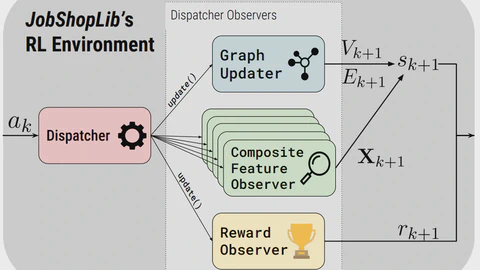📚 My Research
As Richard Hamming suggested in his famous talk, “You and Your Research”, choosing the right problem to work on is crucial. Great scientists spend significant time thinking about and identifying important issues. However, committing to a specific research direction feels risky. Each year, an exponentially growing number of papers are published. Architectures or trends that are state-of-the-art today might become obsolete tomorrow. That is why my focus is on the fundamental questions of AI.
